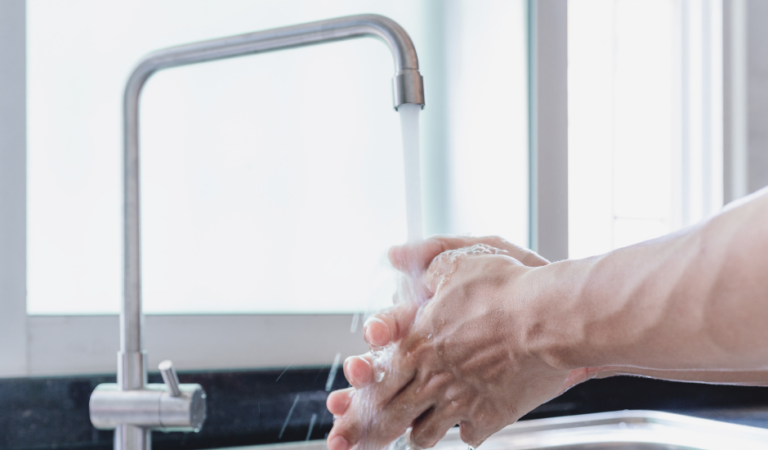 28th March 2022
28th March 2022What Are The Benefits Of Good Water Hygiene?
For industrial institutions, and especially hospitals, (for everyone, actually) good water hygiene is so incredibly important. Water needs to be safe to drink or to clean equipment.
The most common, and perhaps the main, reason for storing water is to use for drinking. Therefore, it’s absolutely crucial that stored water is clean and uncontaminated.
So what are the benefits of having and practising good water hygiene?
What Do We Mean By ‘Clean’ Water?
Clean water is as safe as it is clear. Not only is it free from disease-causing organisms but uncoloured, inodorous, and clear of any sediment.
Having good water hygiene has many benefits. Here are some:
Improved Health
Good water hygiene reduces the risk of infectious diseases, especially those that are water-borne. Also, it provides access to safe drinking water, allowing our bodies to get the right minerals it needs.
Staying hydrated is crucial for your wellbeing. Water helps flush waste out of the body, as well as regulate processes in the body – temperature, pH levels. If the water is safe to drink, then we can stay hydrated, rather than causing more problems by drinking unclean water; water that is likely to be contaminated with bacteria.
Improved Sanitation
Clean water improves sanitation as well as health. Just using soap to wash our hands reduces the build-up of bacteria and the spreading of, potentially, infectious microorganisms (like viruses). So using clean water will only multiply those effects.
Even all the way back in the 1800s, a hypothesis that washing your hands effectively increased medical care was raised and proved.
Education
Sanitation and hygiene carries over into other aspects of life, one of them being education. Lack of clean water can cause all sorts of problems: decreased cognitive potential, bodily aches and pains, and migraines.
In addition, there’s potential increase in spreading and catching an infection due to poor water hygiene allowing for the spreading of pathogens.
Agricultural Development
Cleaner water is better for successful harvests – it takes huge amounts of it just to grow the food but when the water is contaminated, there’s more chance of bad crops. Not only is that a waste of water but a waste of food, too.
Good Water Hygiene in Stored Water
A ‘Responsible Person’ is a competent employee with authority. The position is typically appointed by the Head or Duty Managers and it is required by HSE (Health and Safety Executive).
They must understand all regulations of the relevant acts. This includes the HSE ACOP L8, Health and Safety at Work Act 1974, and COSHH 2002 (Control of Substances Hazardous to Health).
The responsible person will be accountable for carrying out risk assessments of both the stored water and the container. Issues like rust, leaks, and cracks can all lead to unsafe water because bacteria can get in and contaminate the water.
If any of your water tanks are damaged, you should contact a professional rather than trying to fix it yourself. Some very, very small problems are manageable and can be handled until it’s necessary to get a replacement. But this isn’t always the case.
Contact Us
Clarion Water has a collective 30 years of experience and knowledge in the water hygiene and Legionella industry.
This experience allows us to be meticulous in our Legionella risk assessments and provide water treatment services to warrant that you’re compliant with water hygiene regulations.
We also install, repair, reline and replace cold water tanks.
Get in touch with our team today. Call us at 01943 872 311 or email info@clarionwater.co.uk. We’ll respond as soon as possible!